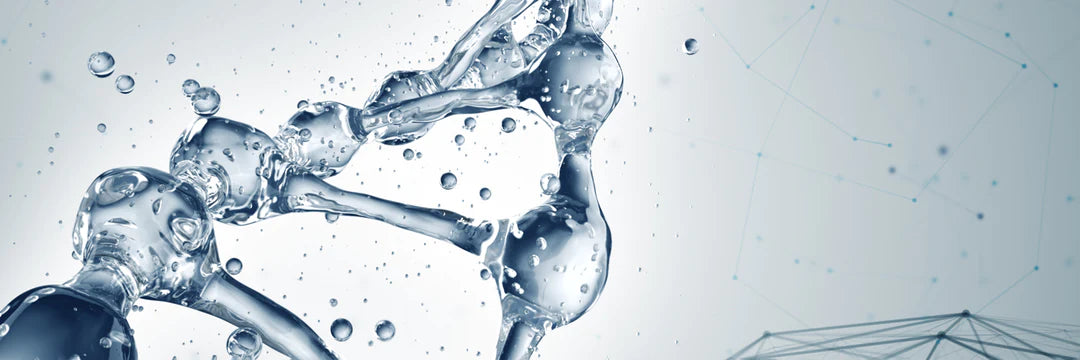Do we know everything about the properties of water? Mother Nature is full of secrets, and there is proof that water is not as simple as we humans thought.
“Facts do not cease to exist because they are ignored.”
The same could be said about the 'Fourth phase of water.’ When something as profound as the existence of the Fourth phase of water is put forth in a world, that too, about something as fundamental as water, there is bound to be disbelief or even push backs from some quarters. But for how long will a discovery based on scientific rigour and hypothesis be kept in abeyance by the world scientific establishment?
The Origins
Water, known as ap in Sanskrit, in ancient Indian texts is considered as old as the Universe itself. In fact, Rig Veda mentions the world as having been "originally water without light" (Salilam apra ketam; Rig Veda X.29.3). Water is divine.
But for science, anything related to water has been a settled issue. And since our school days, it has been drilled into our minds that it is indeed the case – water has three states of solid, liquid and vapour and there are related issues such as surface tension, capillary action, etc. Everything about water is known, is pretty much the point.
So, when some scientists, after studying water for decades, discovered that water has a fourth phase it questioned conventional wisdom and turned many beliefs on their heads.
The presence of the Fourth phase of water was first propounded more than a century ago by the physical chemist Sir William Hardy. He had said that there were reasons to believe that water had a "structured" phase. There were others like Gilbert Ling who took it forward. But over the years the rigour to study it was lacking with many probably not willing to take on the well-entrenched theories of the larger scientific establishment.
However, some, like Dr Krishna Madappa, still persisted to uncover the mysteries.
The Basics of the Fourth phase
Scientists expounding the fourth phase of water say that this occurs in the hydrophilic (water-loving) area and many solutes are excluded in this gel-like state. Hence some called this phase the exclusion zone (EZ). This phase is different from the 'bulk water' that is outside it.
Scientists have looked at it from physical and biological perspectives and have reached the same conclusion.
Scientists have proved that EZ water is different from bulk water (H2O) and that its molecules are more constrained and stable. More importantly, the EZ water had a negative charge as opposed to general water which is neutral. The molecular structure of the water in this zone is also different from the rest.
Implications of Water's Fourth Phase
The discoveries associated with the Fourth phase of water are foundational with profound influence on physics, chemistry, and biology. The practical applications beyond the laboratory are also many. Here are a few applications of EZ water that can revolutionize science, technology, and society.
- Since EZ is negatively charged, and the water beyond is positive, it can act as a battery to generate electricity from virtually nothing.
- Because of its complex layers to hold massive amounts of information, EZ water gel can replace conventional storage in a computer.
- It may help us to understand how nature uses light in our bodies better than ever before.
- EZ could solve drinking water problems and it could also prove to be the secret ingredient in water that replenishes us.
- Ancient Ayurvedic wisdom could get a huge boost as it has been found by scientists like Prof Gerald Pollack that EZ water has been found in superfoods of Ayurveda such as turmeric and ghee.
With a lot of studies and interest getting generated around the Fourth phase of water, the future looks promising where these newly discovered properties of water can be harnessed for the betterment of humanity.
JIVA- Water for the Living is one such product that is driven by the inherent healing properties of the fourth phase of water. Know more about the JIVA products here. https://jivawater.com/products



